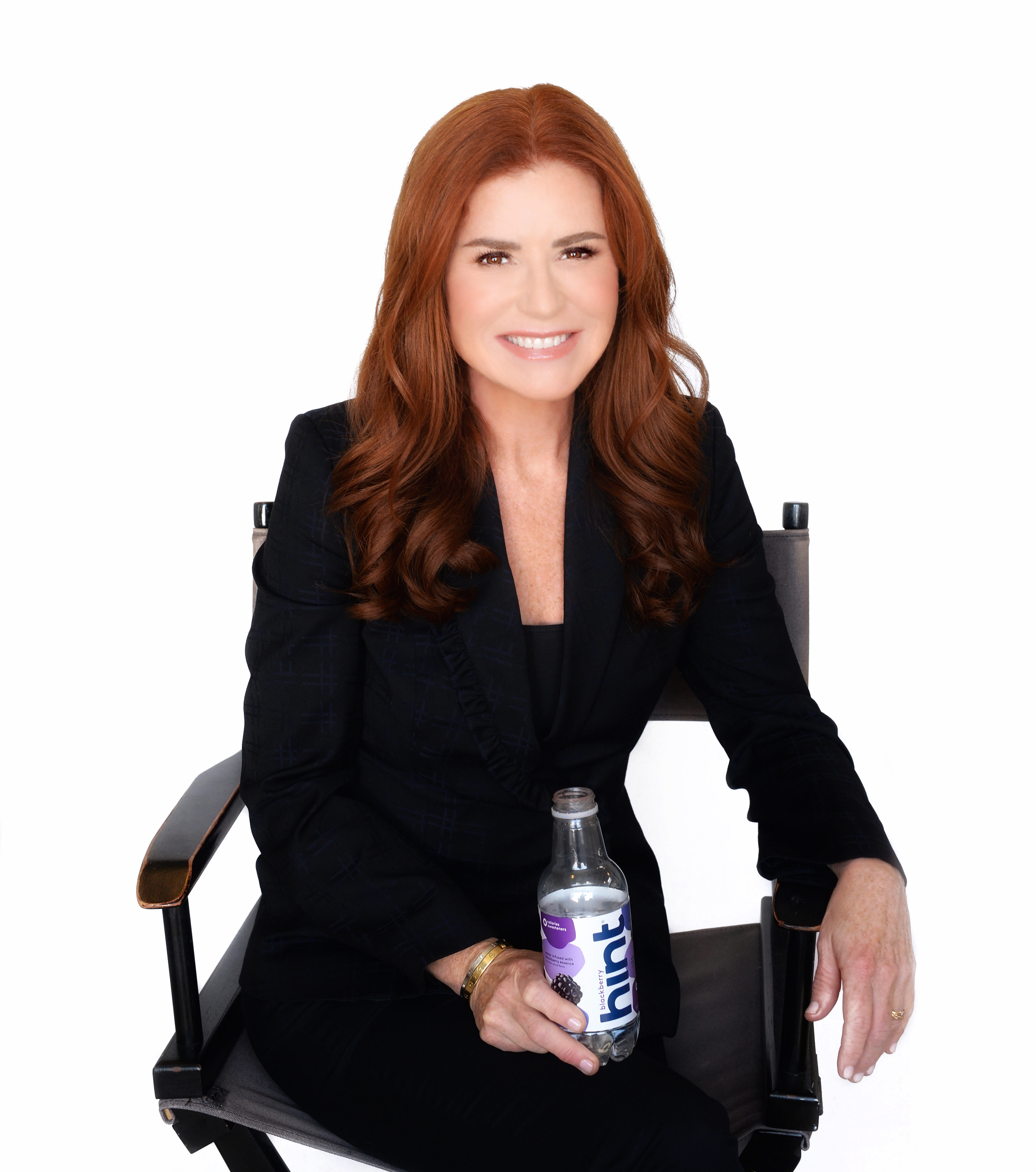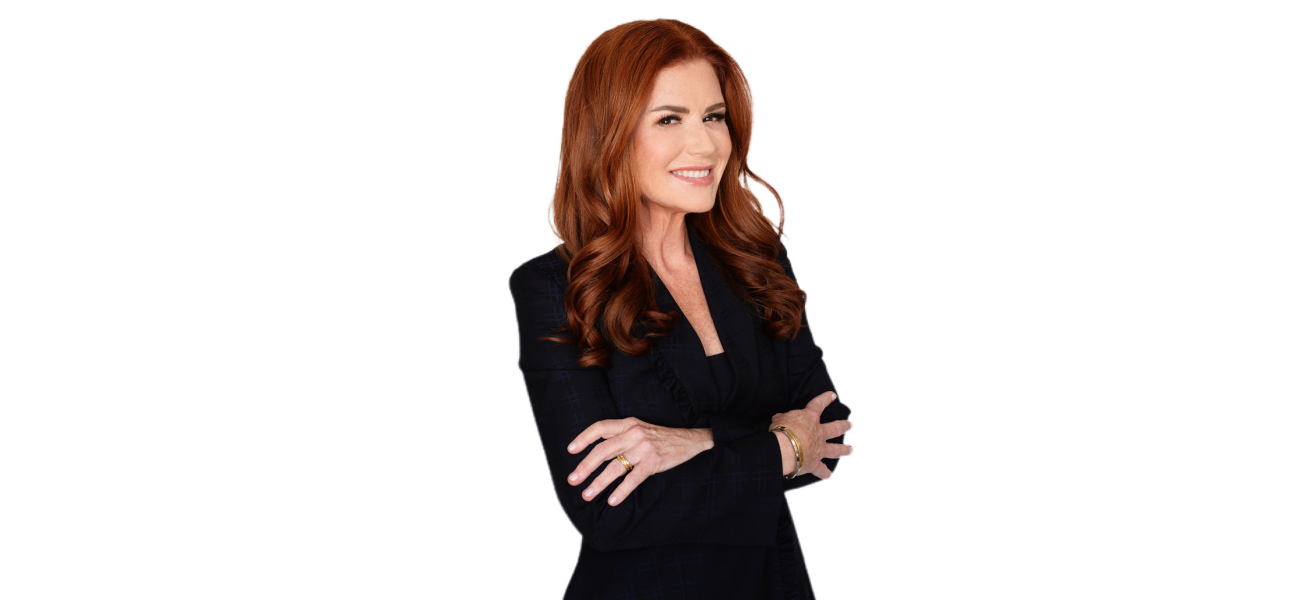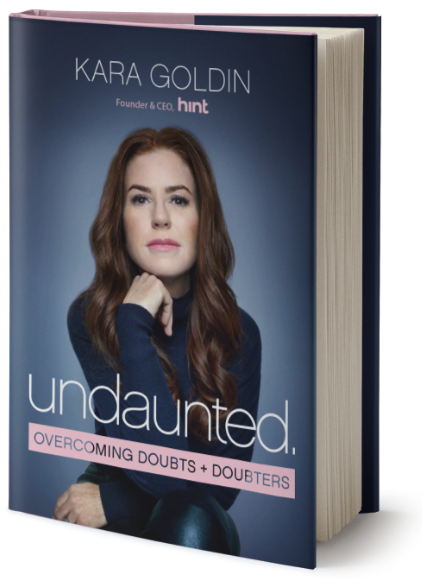I’ve Made Some of My Riskiest Decisions During Uncertain Times – And Never Regretted Any of Them. Here’s Why…
·
9 minute read
·

It’s one of life’s oldest truisms, and it’s just as relevant in the realm of business: Timing is everything. Over the last 15 years building Hint, I’ve learned that the best timing rarely lines up with that mythical moment when your entire business is humming along smoothly. It may seem counterintuitive, but in fact, times of uncertainty are when taking calculated risks can really pay off.
I’ve had to roll the dice a few times at Hint when rocky times presented themselves. But in retrospect, it was less a roll of the dice than a well-placed bet on expanding a business whose fundamentals and mission I thoroughly believed in. And I’ve seen countless bold, visionary leaders taking big risks when conventional wisdom said, “play it safe.”
If you go back to the founding of Hint in 2005, no one would say that my timing was ideal. After all, I delivered my first 10 cases of Hint water to Whole Foods on the same day I was heading to the hospital to deliver my fourth child. I had no experience in beverage. I’d never run or started my own company. Most everyone was thinking – and many said it straight to my face – that I was going to get eaten alive by the most competitive industry there is: Big Beverage. They pegged my odds of succeeding at somewhere between slim and none.
Here’s the thing though: what no one realized at the time was that I was not only creating a company, but also a new category in the beverage space. Making water taste better with fruit and without sugar or diet sweeteners – that was a new idea. Or at least it was one that hadn’t yet been executed on. White space! And make no mistake, had I waited until I felt like the timing was perfect, and I had all the answers, and all the stars were aligned, I might never have gotten the idea off the ground.
In my book, Undaunted: Overcoming Doubts and Doubters, I recall a conversation I had with a local food entrepreneur that pretty much sums up where I was at in the early days of Hint. He said:
“I don’t know why you guys would even want to get into the beverage business. You take two steps forward and one step back. All the time. It’s waking up early every single day and fixing a bunch of problems you have fixed before.”
“This is the craziest business,” I responded.
“Yeah, and you guys are crazy to get into it.”
Fast forward to October 2008. The financial crisis threw every industry into chaos, and young companies like Hint took an immediate hit. Not the best time to take a risky position for the company, right? Not necessarily…
Earlier in the year, Hint had raised money and was planning a significant expansion, aiming to ramp up staffing to get Hint into stores nationwide. After Lehman Brothers imploded and the economy went off a cliff, most companies and investors retreated, cutting costs and slashing prices. But Hint stood firm. And our investors agreed. If we didn’t pump more capital into the business, we wouldn’t be positioned to capitalize on the recovery that was coming in 12-18 months.
In order to close that additional round of financing, I actually ended up risking most of my ownership stake in Hint to obtain the level of funding I felt we needed. I believed in our product, our mission, and our customers – and that belief paid off in 2010 when the economy began its slow, steady recovery.
Again, from Undaunted:
It was a huge bet, but I had no intention of giving up. As it turned out, the financing enabled us to weather the storm of the recession and maintain our sales growth in existing accounts, but it also kept us under added pressure to achieve, perform, and grow.
You get used to it.
So where does that leave us today, facing perhaps the most unpredictable economic environment we’ve ever witnessed? I talk to entrepreneurs, CEOs and leaders almost every day about how they’re navigating the current climate of uncertainty. On my podcast, The Kara Goldin Show, I’ve featured several founders that actually decided to launch new companies in the last six months. Friends and advisors said they were crazy, but they believed in their mission and saw a clear audience for their products. There are millions of others like them, as people all over the country are choosing to become entrepreneurs during the pandemic.
My friend Joey Grassia started an incredible company, Shef, earlier this year. It’s one of my favorite recent start-up stories! Shef is a community-based food platform that offers cooks and chefs of all stripes the opportunity to sell their home-cooked meals online (provided their kitchens are properly certified by local officials). After leaving his previous food startup Kutoa, Joey took time off to travel around the world, and he noticed that in every city he visited there were local cooks who were known for specific specialty dishes. He quickly realized: why not replicate that model here in the U.S. and create a platform for local chefs to share their own amazing and unique creations? In the midst of his launch, the pandemic totally upended the restaurant business, and it lit a fire under his young start-up. Professional cooks impacted by the shutdowns were able to turn to Shef.com and leverage their stand-out speciality dishes into mini food delivery businesses. Shef could have never predicted how a pandemic could make their company even more relevant to the moment we find ourselves in, but they’ve certainly seized the opportunity to capitalize on it.
Other enterprising leaders have recognized unique market shifts that have allowed their businesses to expand their footprint. Madison Reed CEO Amy Errett told me how she moved quickly to add a new factory here in the U.S. (in addition to her existing Italian manufacturing base) when COVID emerged. With everyone sheltering in place and choosing to color their hair at home, she needed to ramp up production. This was a golden opportunity for Madison Reed and Amy to gain a new set of consumers. By late summer 2020, her business had nearly doubled in volume, and they were prepared to meet that need.
Robert Pasin took over the role as CEO of Radio Flyer – a company his grandfather started back in 1917. He spoke on my show about how he reinvented the storied brand for a new generation of children. That meant not only innovating and building out entirely new product lines (like their Tesla motorized carts), but also improving their existing wagons and vehicles. So when the pandemic hit and his factory was forced to close, physical product development became a tricky proposition. At the same time, though, Robert saw that families were hunkering down at home and looking for products like his that would keep their kids active; a crisis was evolving into an opportunity. Here’s how his company responded:
We went to almost 100% work from home within one week [in March]. So we had never had a distributed workforce like that. And so much of our work is so highly collaborative – product development and designing products. So it was a huge, huge change for us. We were able to have our two people [in the office prototyping], but that prototype would have to get dropped off in somebody’s front yard. And we did all these exchanges and hand-offs, and our team shifted to brainstorming virtually.
I can relate. At Hint, we pivoted quickly in March and looked for opportunities to make up for parts of the business we knew we would have to put on hold. We focused on what we could control, and what we knew was working. And then we hit the gas pedal! Yes, there were some logistical kinks to iron out in those early days of the pandemic, but we also saw how new consumer behaviors and buying patterns could work to our advantage. Almost immediately, consumers started placing more online orders – either directly via Hint.com or through Amazon. In addition, delivery services like Instacart were becoming much more meaningful in the purchase process. We made predictions, we delivered, and consumer demand was satisfied as our supply of Hint continued with almost no interruption throughout the crisis.
Can’t raise money through zoom in a pandemic? Think again. Once we made the decision to press on that gas pedal, we needed additional capital to expand our manufacturing output and hire on more talent. (Hint has brought on over two dozen new employees since March.) So we turned to a group of investors this past summer who were looking to work with businesses like ours that were eager to expand, even in the midst of volatile economic conditions. It was by far our easiest round of fundraising to date.
History has shown that investing and taking risks during times of economic upheaval can actually be great opportunities for growth – especially when consumers are altering their buying patterns and adapting to new circumstances. New and up-and-coming brands can capitalize on these occasions when consumers are rethinking their regular buying patterns. They’re paying attention and actively looking for new products and solutions. This is welcome news for insurgent brands, particularly if your message and product match the new reality that we find ourselves in. Sure, timing is everything – but ultimately consumers will have the final say if your product has actually met the moment.
Undaunted
Get Kara’s Insights In Your Inbox





